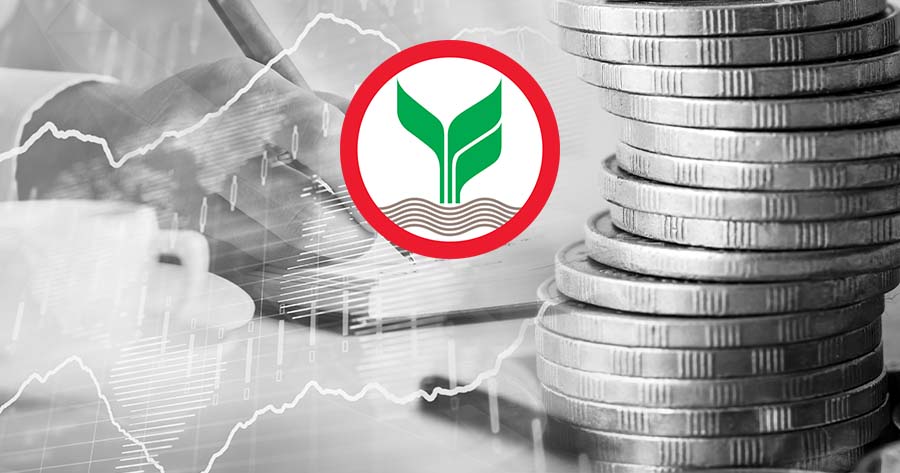
Small Things Make the Biggest Difference
If we can learn anything from the grand design of the earth's ecosystem, it is that the smallest members of an environment, like microorganisms, actually can have the biggest impact.
If we can learn anything from the grand design of the earth’s ecosystem, it is that the smallest members of an environment, like microorganisms, actually can have the biggest impact.
Our society has been fed to the brim with history of big personalities, behemoth figures that dictated the country out of catastrophe, managed the state towards prosperity, or steered nations towards disasters. But in nature, it seems to be the opposite.
It was the algae that first pioneered life on land. Green algae washed onto the shores almost 500 million years ago started to adapt to life on land, eventually evolving into terrestrial plants and paving the way for land dwelling life forms.
And now, maybe it will be the tiny algae again that will pave the way for life on this planet.
Market Watch reports that by enabling a dormant process in algae that uses a special enzyme hydrogenase, which is capable of reducing protons into hydrogen to reduce water into hydrogen and oxygen, we might soon have the ability to generate energy through semi-artificial photosynthesis. In other words, biologically hacking the algae to photosynthesize water into oxygen and hydrogen, creating a zero waste, toxic free, and renewable source of hydrogen for fuel.
On a smaller, but much more intimate scale, Phys describes the new frontier of researching the human health condition by studying the multiple chemical interactions between microbes and their human hosts. A team of scientists at Yale university cultured and screened over 100 diverse gut bacteria for production of molecules that activated host receptors such as receptors for dopamine, the all powerful chemical overseer of our mood.
The climate change threat to our existence and that of life on this planet doesn’t seem to be getting much better, to the point that the zero CO2 emissions approach might be too late. Should we just give up, become hedonist, and dance towards our extinction gleefully as a form of genocidal euthanasia? Maybe not just yet.
Negative emissions is the concept of taking out carbon dioxide on a massive scale to reduce the global atmospheric concentration of CO2. If the earth has too much CO2 trapping heat in, then, just suck it out from the atmosphere. Pretty simple, right? Just plant more trees, a whole lot more. According to Singularityhub.com, some negative emissions model suggests requiring the use of land equal to the size of india tripled. That’s where Cyanobacteria, aka blue-green algae comes in as our possible micro savior. But really, it’s actually bacteria, not algae.
Cyanobacteria, also known as Cyanophyta, are a phylum of bacteria that has the ability to photosynthesize energy and are the only photosynthetic prokaryotes able to produce oxygen. Being bacteria, less land would be required, and of lowest qualities instead of futile agricultural land would do fine.
So, underestimating what the smallest organisms can do is evidently ignorant, same goes for underestimating the small individual person in society.


